More than ever, the company culture behind a brand plays an essential role in the brand’s success … or downfall. Because, more than ever, consumers care about how the companies behind the brands they support behave — both economically and socially. Do they provide a safe and healthy environment for employees? Do they contribute to social justice causes? Are they taking their corporate responsibilities seriously? All these issues are part of creating a positive brand reputation.
There is a direct correlation between a brand’s reputation and its business success. Culture plays a huge part in that: a thriving organizational culture attracts top-tier talent, fosters robust employee engagement, and fuels enhanced productivity. A culture that reverberates not only within the brand but also extends to its customers holds the potential to captivate and convert in today’s authenticity-seeking consumer landscape.
Axios Harris Poll 100 Ranking, a company’s employer brand (the way a brand’s culture/employee experience is perceived) has a major impact on its overall reputation and success. In the survey, over 16,000 Americans identified the 100 most visible brands and rated them on business trajectory, character, ethics, citizenship, and trust. This was used to calculate the company’s Reputational Quotient score. It comes as no surprise that the brands lauded for their exceptional cultures emerged as champions – Patagonia, Costco, and John Deere.
Sustainable Success.
Rooted in unwavering environmental stewardship and corporate integrity, Patagonia’s culture is a driving force that transcends its products. The intersection of business profitability and environmental consciousness is palpable in initiatives like the groundbreaking “Worn Wear” program. This ingenious initiative is a testament to Patagonia’s commitment to sustainability: it encourages customers to repair and resell their used garments, creating a circular economy that champions ethical responsibility and simultaneously enhances the company’s bottom line.







